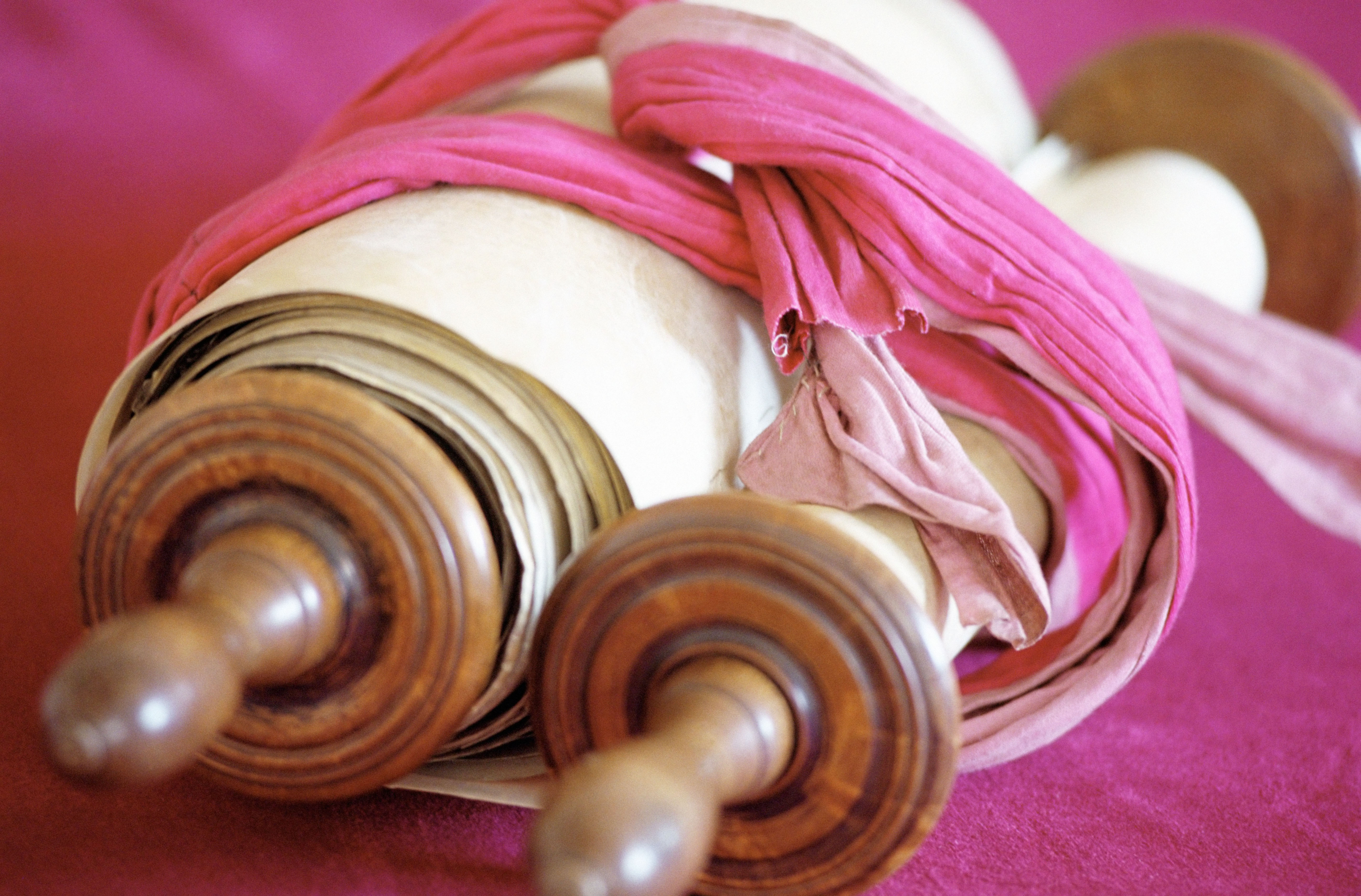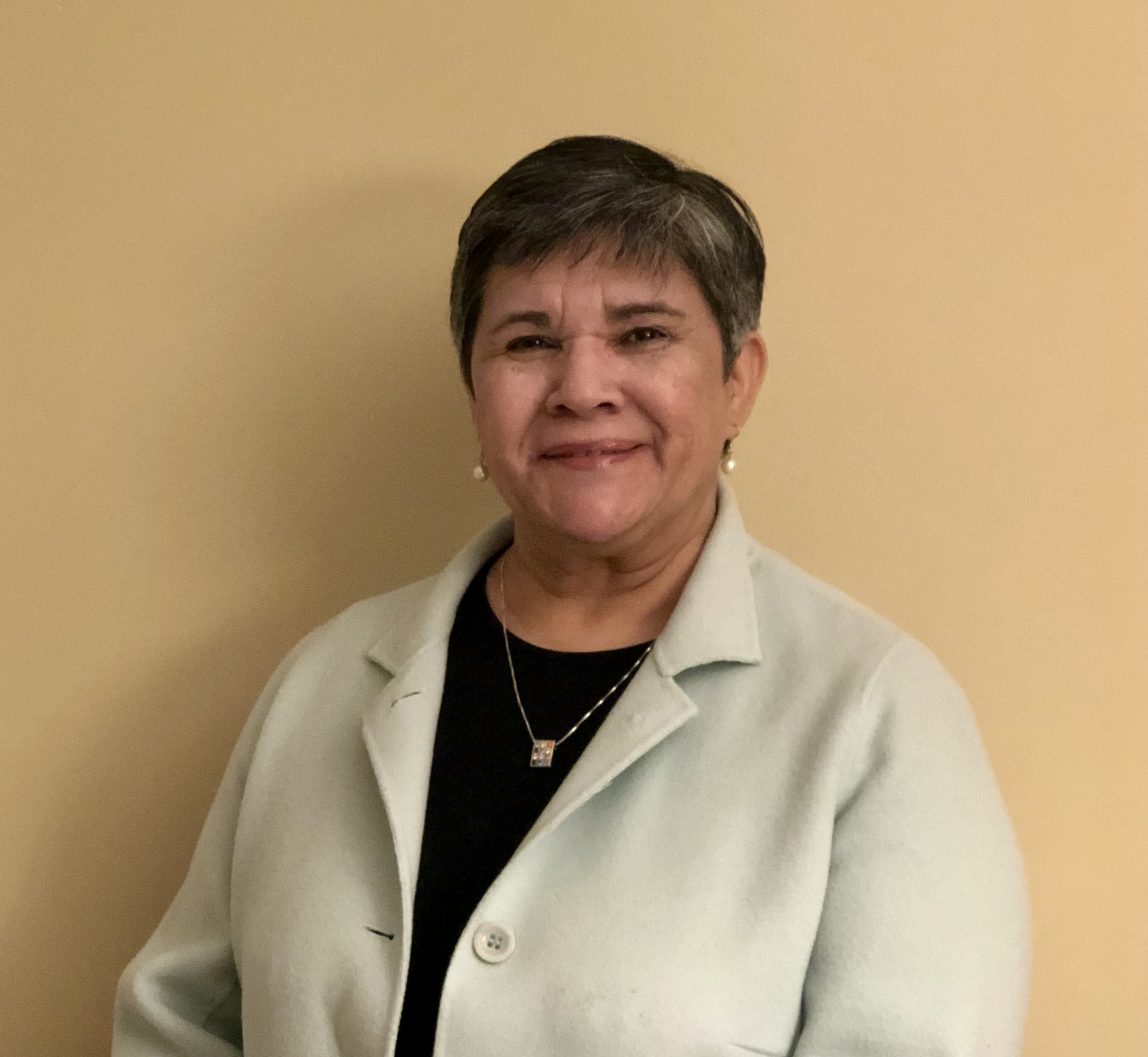
Parashat Vayak’heil from the book of Exodus translates to the word “convoked.” Following the presentation of the Ten Commandments, this Torah portion details additional Commandments that Moses shares with the Israelites. The two convocations that are noticeable, as it relates to modern society, are the call to observe a day of rest (Shabbat) and the instruction to bring voluntary gifts, contributions, and donations to build the Tent of Meeting – Tabernacle.
The day of rest, or Shabbat, is a sign of the covenant between the Eternal and their people. Moses instructs the Israelites in Exodus 35:2 that “on six days work may be done, but on the seventh day you shall have a sabbath of complete rest…” I imagine that this day of respite was necessary for the Israelites to rest their bodies from the intense labor required of them at that time to simply survive. Today, Shabbat gives us an opportunity to reflect on the past week and rejuvenate our minds, body, and spirits for the week ahead. Rabbi Abraham Joshua Heschel teaches us that Shabbat is “a sanctuary in time.” When Shabbat ends, we can rededicate ourselves to the construction of the sanctuaries in our lives, homes, congregations, communities, and workplaces.
The pandemic has forced many sisterhoods and congregations to pivot our Shabbat observance to an unprecedented amount of time online. Although difficult at times when we yearn to see a friend or fellow congregant in person, we must be thankful for the benefits of technology that have become another mode through which we can connect weekly and allow us to pray, learn, and support each other on Shabbat with our global community (Edah).
The second part of Parashat Vayak’heil details the summoning of the people to bring voluntary gifts, contributions, and donations to build the Tent of Meeting – Tabernacle – the sacred Place of Assembly in the wilderness (Exodus 35:4-9). Moses’ requests specific materials from the Israelites to build the Tent of Meeting in Exodus 35:5 which says, “take from among you gifts to the Lord; everyone whose heart so moves him shall bring them…gold, silver, and copper” and requests talent “all among you who are skilled come and make all that the Lord has commanded” (Exodus 35:10). Even though it is no longer customary to bring precious metals to our synagogues, this request can be equated to a call to action that can be answered by donating our time and skills. No matter the circumstances, it is possible to make a difference through our actions and community engagement to improve our sacred communities and people’s lives even with the smallest of contributions.
An interesting observation of Parashat Vayak’heil is the appeal to the female artisans as part to the construction of the Tabernacle, “all the skilled women spun with their own hands, and brought what they had spun, in blue, purple and crimson yarns and in fine linens'' (Exodus 35:25). This tradition of females helping to build and bolster communities started with our ancestors and continues today in a multitude of ways. Sisterhoods all around North America and the world answer the call to participate in acts of tzedakah to build and strengthen their communities by donating their time, materials, skills, and talents.
One example of how a small group of skilled artisans was able to make a difference for the greater community is at Congregation Beth Israel Sisterhood’s knitting group in West Hartford, Connecticut. Before the pandemic, the group met once a month in-person to knit blankets, scarves, and mittens as donations to a local hospital. Upon the arrival of COVID-19, the hospital stopped accepting blanket donations due to the CCDC restrictions. This did not discourage the group. They continued to knit on zoom calls, outside in the park, or in the synagogue courtyard, maintaining the recommended social-distance while continuing their work and sustaining the community of knitters. All the completed blankets made during the two years of isolation were donated to a women’s shelter and group homes in need within the greater Hartford Area. This gift was well received by the community to keep them warm and provide some relief during the frigid temperatures that the Northeast was experiencing. As Moses mandated us many centuries ago, women are still motivated to contribute their resources, skills, talents, and time to build safer communities.
Parashat Vayak’heil is the foundation of our commitment to build and sustain a safe Tabernacle (dwelling) and community not only with material items, like warm blankets but also intangible things that make an impact such as listening or supporting someone in need or learning about a new policy and how you can support it through the legislative process if it means helping a community in need. The commitment to respond to the “call-to-action” is an investment that will bring forthcoming benefits.
It never ceases to amaze me how the Women of Reform Judaism (WRJ) is involved in supporting so many important causes such as accessibility to health care, voting rights legislation, reproductive rights, and sustaining Jewish communities around the world through the Youth, Educations, and Services (YES) Fund. But one social cause creeping into our communities is Environmental Justice. Many communities have been historically marginalized and overburdened by pollution and underinvestment in affordable and sustainable housing, accessibility to public transportation, and water infrastructure (clean water to drink). All communities have the right to a safe environment, clean air to breathe, and opportunities to open safe spaces for recreation. How we foster community and make space for it to thrive are critical to our efforts toward social justice. Building community is a responsibility of all of us whether it is sustaining and supporting our spirituality - Jewish faith- or reaching out to others who are less privileged with tzedakah, and time. Whether you invest eight hours through community service or 30 minutes helping a neighbor shovel their driveway or giving someone a ride to an appointment, you are helping to maintain a safe and healthy community.
WRJ supports call-to-action initiatives to make our communities a safer place for all. I am honored to be part of an organization that dedicates time and energy into extending these social justice efforts for all members of society. Let us continue to be inspired and motivated to build our community with acts of tzedakah and tikkun olam and remember the power we have inside us. Let’s join hands to live in a just, caring, and compassionate society as modeled by our ancestors when building the foundation of the Tabernacle. And let us not forget to observe Shabbat so that we can rejuvenate our minds, bodies, and spirits to move our sacred communities forward.
Carmen Holzman is a WRJ Board Member and belongs to Congregation Beth Israel, West Hartford, CT.
Related Posts

Continuing to Educate and Empower People Together

My Challah-Making Experience


